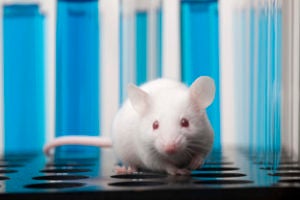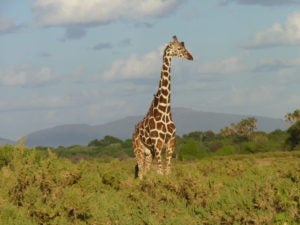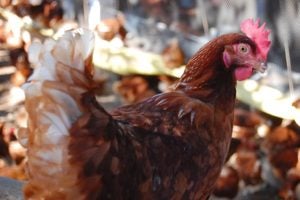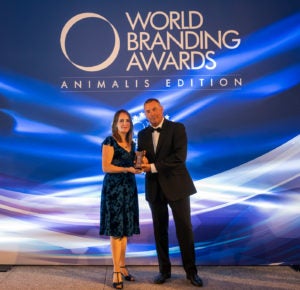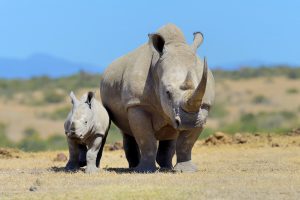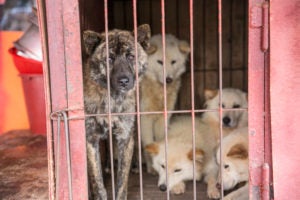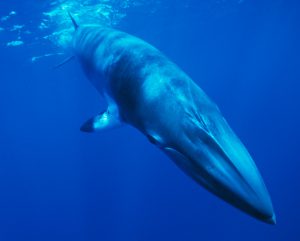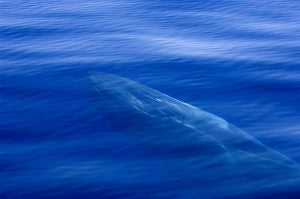
WASHINGTON – Today the Humane Society of the United States and Humane Society International released findings of an undercover investigation revealing a lucrative ivory trade in the nation’s capital, where ivory dealers take advantage of the lack of local laws banning the sale of ivory. Legislation has been introduced in the Council of the District of Columbia that would prohibit sales of certain ivory products as well as those made from rhino horn within the District.
From April to July 2019, investigators found ivory products for sale at L’Enfant Gallery, Capital Antiques, Frank Milwee Antiques, Mercedes Bien Vintage and by two vendors at the Georgetown Flea Market. Most of the ivory sellers were unable to produce documentation verifying the age or origin of the ivory when asked by the investigator. Without documentation, it is impossible to know whether items were imported in violation of federal law, which prohibits imports or interstate sales of ivory from recently killed elephants. Under federal law, sellers are responsible for demonstrating through documentation that items were lawfully imported.
An investigator observed that L’Enfant Gallery displayed the most elaborate and expensive ivory pieces the investigator had seen in years of investigating ivory sales across the United States.
Among the ivory items found for sale during this investigation: a full elephant tusk, $600,000; a multi-figurine game board, $48,000; carved horse-drawn chariots, $12,000; and various figurines and jewelries, ranging from $150 to $18,000.
Kitty Block, president and CEO of the Humane Society of the United States and president of Humane Society International, said, “The trade in ivory contributes to a devastating decline in elephant populations. It is distressing that ivory sales are occurring right here in my hometown of Washington, D.C., where our federal government has unequivocally condemned the international trade in ivory from recently poached elephants. The Council of the District of Columbia must act to pass legislation that will protect imperiled elephants and rhinos by removing the financial incentives to kill them and trade in their parts. Washington D.C. should no longer condone a trade that decimates Earth’s iconic species.”
Councilmember Mary M. Cheh said: “I have introduced the Elephant Ivory and Rhinoceros Horn Trafficking Prohibition Act on three separate occasions. Perhaps if an earlier iteration of this legislation had passed back in 2015 when it was first introduced, the ivory market would not have moved to the District of Columbia at all. Nevertheless, we must not sit passively while the ivory market thrives in the District. Limiting the demand for ivory and horns is key to stopping the unnecessary and inhumane slaughter of these animals —and we cannot wait.”
Facts
- The illegal wildlife trade is a multibillion-dollar global industry that affects millions of animals and communities around the world. Wild animals such as elephants and rhinos are killed in massive numbers and suffer from horrific cruelty. Poachers brutally kill elephants and harvest their tusks, sometimes while the animal is still alive.
- The African savanna elephant population has declined by 144,000 – 30% of the population – since 2007, primarily because of poaching. More than 1,000 rhinos were poached in Africa in 2018, out of 29,0000 rhinos remaining worldwide.
- The legal market for ivory products provides a cover for illegal ivory products to flourish because of the ease of mixing the two. Enforcement efforts are often hampered by a lack of resources or the difficulty of visually distinguishing illegal ivory from legally acquired ivory.
- The greater Washington, D.C., area is likely the largest remaining metropolitan market for ivory products in the United States, according to a 2017 report by the wildlife trade monitoring organization, TRAFFIC.
- A 2015 report by the International Fund for Animal Welfare of the U.S. ivory market that surveyed Craigslist listings identified Washington, D.C., as one of the top five markets among all locations surveyed.
- The U.S. Fish and Wildlife Service instituted a near-total ban on importing or engaging in the interstate sale of African elephant ivory in 2016. However, federal regulations do not address intrastate trade in African elephant ivory. U.S. states and the District of Columbia must do their part to ensure that their laws sufficiently protect at-risk animals.
- California, Hawaii, New Jersey, New York, Oregon, Washington, Nevada, New Hampshire, Illinois and Minnesota have passed anti-wildlife trafficking laws that are similar to the legislation that the HSUS and HSI support in Washington, D.C. Voters in Oregon and Washington approved statewide ballot measures on the issue by 70-30 margins in both states.
- Last Council Period, the Council of the District of Columbia’s Judiciary and Public Safety committee chaired by Ward 6 Councilmember Charles Allen heard public testimony on a previous version of this legislation but failed to advance the bill out of committee before the end of the Council Period.
Photos and video of the investigation.
Media contact: Rodi Rosensweig, 203/270-8929, RRosensweig@humanesociety.org

